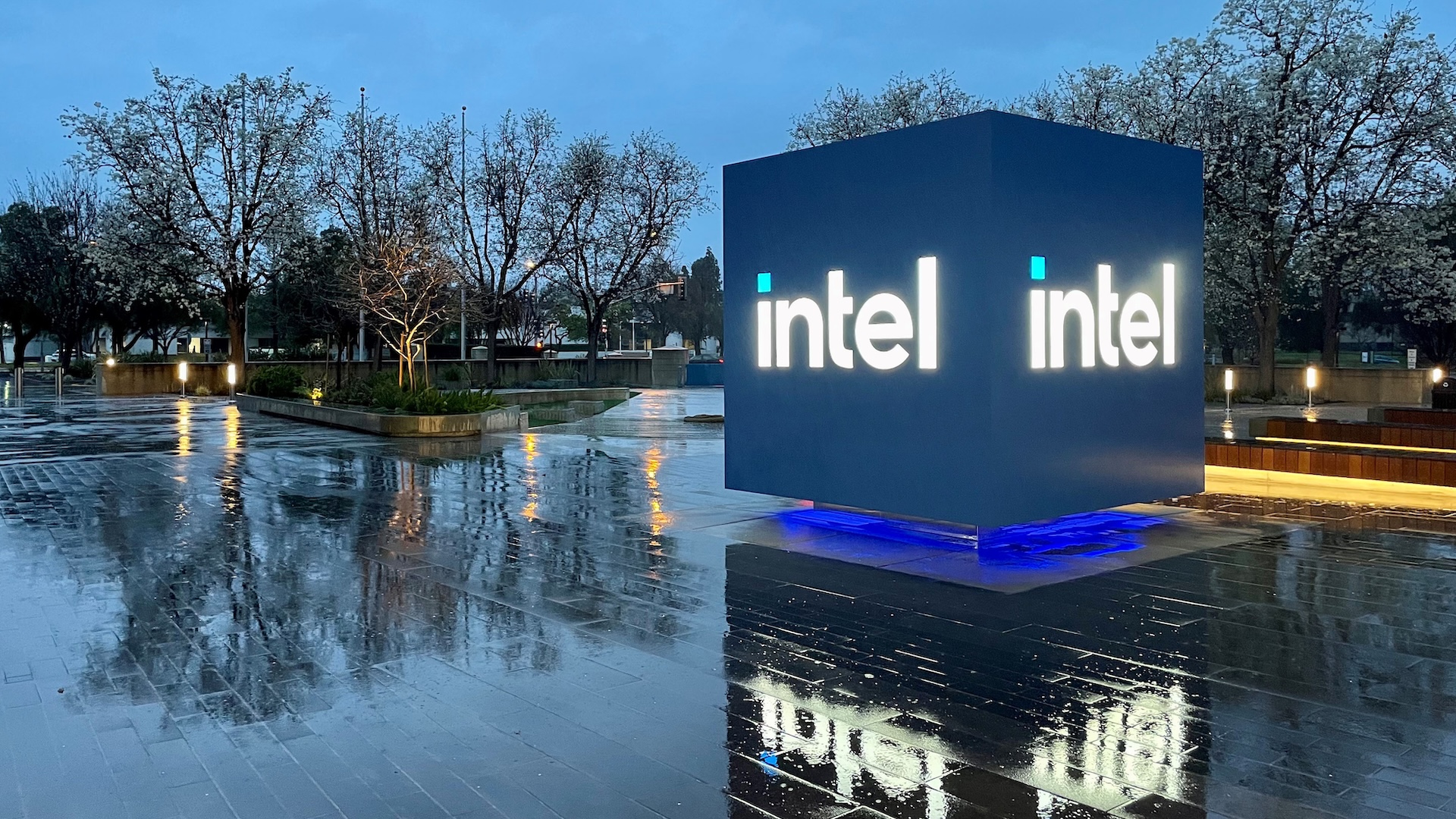
The European Court of Justice upheld the General Court’s decision to annul a €1.06 billion ($1.144 billion) fine imposed on Intel by the European Commission. The case revolved around Intel’s use of rebates offered to computer makers to purchase its x86 processors, which regulators claimed were designed to stifle competition. The case has been ongoing since the fine was issued initially in 2009.
AMD had long accused Intel of engaging in unfair business practices to maintain its dominance in the CPU market. Specifically, AMD alleged that Intel used rebates and market power to encourage or pressure computer makers like Dell, HP, NEC, Lenovo, and retailers and distributors not to use AMD processors. The company filed lawsuits against Intel in major jurisdictions in 2005.
In May 2009, the European Commission fined Intel €1.06 billion ($1.144 billion) for offering financial incentives to PC makers and distributors in exchange for exclusive or preferential use of Intel CPUs, making it impossible for rival AMD to compete against Intel. Intel appealed the fine, claiming that it was not guilty. However, in November 2009, Intel and AMD reached a settlement in which Intel agreed to pay AMD $1.25 billion, a sum aimed at compensating AMD for its lost opportunities due to Intel’s practices. $1.25 billion was one of the largest private settlements in the history of antitrust litigations.
In 2014, the General Court dismissed Intel’s appeal, but Intel contested the decision, and the case was sent back for further review. In 2022, the General Court annulled the fine and partially invalidated the Commission’s decision.
The Commission appealed this annulment, arguing that the General Court had mishandled its analysis, particularly with the as-efficient competitor test, designed to assess whether Intel’s rebates were harmful to competition. The EC claimed procedural and legal errors and misinterpretations of evidence undermined the review process.
However, the Court of Justice — Europe’s top court — rejected all the EC’s claims, affirming that the General Court had appropriately reviewed Intel’s objections. It found that the Commission’s conclusions, especially regarding the ‘as-efficient-competitor’ test, were flawed and did not prove that Intel’s rebate practices harmed competition. This failure to show clear evidence of anticompetitive effects played a key role in the lower Court’s decision to scrap the fine. The Court of Justice, therefore, supported the annulment of the fine.
In its final ruling, the Court emphasized that the General Court was not obligated to justify the Commission’s decision based on faulty reasoning or errors. The judgment closes the lengthy legal battle.







